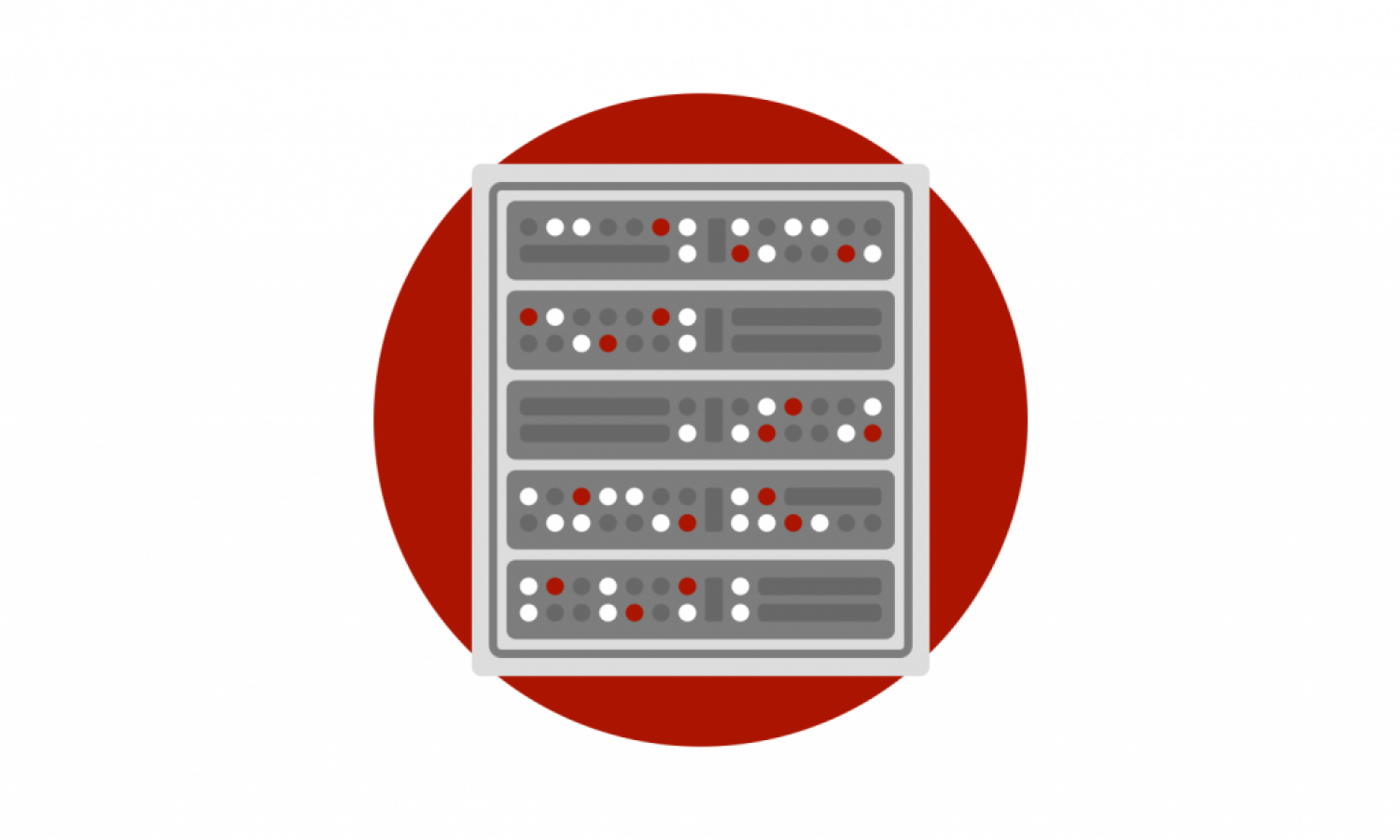My Love Letter To The Internet – Why I helped found the i2Coalition
Many people think the world is slowly getting worse. With Banking scandals and debt crises, civil wars and oppression, it’s hard not to be inundated with stories of how bad things are right now.
But the World is not getting worse, it’s getting better. And this is in large part because of the Internet.
The Internet has not simply increased our speed of communication, it has brought us closer together as a human race. We are hearing the stories–often first hand–that might have garnered only a few minutes of coverage on the evening news twenty years ago. We can communicate, one-on-one with journalists, politicians, strangers, and long-lost friends. We can know the intimate details of people living a world away simply by getting online and reaching out to them.
Internet access can lift people out of poverty, start businesses and start revolutions. Much has been written about the use of the Internet through the “Arab Spring” – Internet censorship was both a reason for the uprising and a tool used to attempt to quell it. Like anything, it can be used for good or ill, but overall it’s the greatest communication tool man has ever made, and it’s bringing the world together.
One fascinating quality of the Internet is that it’s decentralized. It is not one *thing*. Nobody owns it. Moreover, for how many people use it, whose lives are intimately linked to it, few understand, what it is, how it works, or even who builds it.
I work for a web hosting provider called ServInt, and we–along with around 30,000 other hosting providers worldwide–make up a vital part of the Internet ecosystem. Data centers, registries and registrars make up the rest of what I consider the “nuts and bolts” of the Internet – the physical infrastructure that makes it run.
During the lead-up to the SOPA & PIPA debate in Congress at the beginning of this year the only Internet infrastructure companies I saw going up and talking on Capitol Hill were a few industry behemoths. Some had a different perspective than we at ServInt had, and although we were on the same page as others about what SOPA& PIPA would do to the Internet, it was hard for us as a company to identify with them – after all, they are multibillion dollar operations.
I felt that somebody needed to go up to Capitol Hill to share our perspective. I thought that perhaps if I tried, I’d get listened to. Why? In part because I run a growing medium-sized business that employs workers in 5 States. But mostly because I know how the Internet works and how pieces of legislation – good or bad – will affect our company, our network and our business. And because I can walk in and say something Google cannot – that a piece of legislation affects me and all the companies like me. There are tens of thousands of companies like mine. There’s really nobody else like Google.
We were wildly successful fighting SOPA & PIPA. I feel like our efforts really made a huge difference. But I knew we needed to use that as a wake-up call. It’s time for our industry, which has never had a political voice, to come together to speak with one voice on matters that affect us. We need good policies that help grow our industry, because as the Internet Infrastructure industry grows so does the entire economy, and the world continues to come together as the open Internet strengthens.
We in the Internet Infrastructure industry know how the Internet works because we are the ones building it every day. So it makes sense for us to come together to fight for it. We can also be the ones to educate legislators on how the Internet works. It’s not OK for legislators to attempt to regulate the Internet without understanding it–but admittedly they need resources. We can be one of those resources.
Ultimately I believe that ours is a noble profession. People are changing the world using the Internet, and since they are doing it on the backs of our infrastructure, *we* are changing the world. Yet the only time politicians talk about our industry is when they are complaining about us not doing enough about copyright violation. Or SPAM. Or child pornography. The truth is we have been on the front lines of fighting these things for decades – without much assistance from anybody else. Can things improve if we collaborate and communicate better? Certainly! But what we do is not just good, it’s essential for tomorrow’s economy. So we need to keep doing it and find ways to make our industry grow and succeed. That’s why I helped found the i2Coalition – and why I’m tremendously excited that it is launching today!

